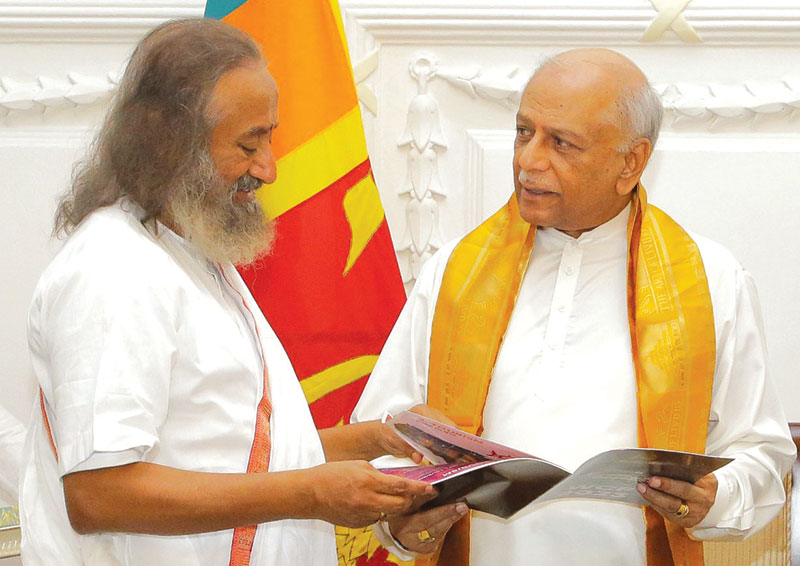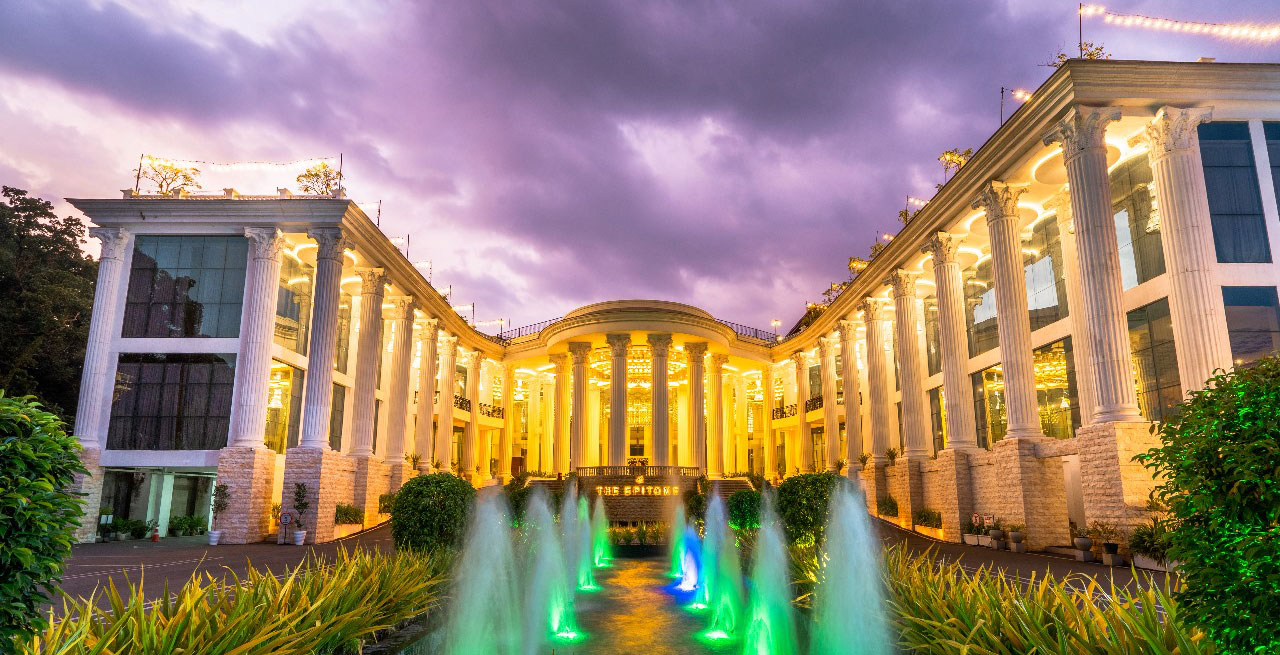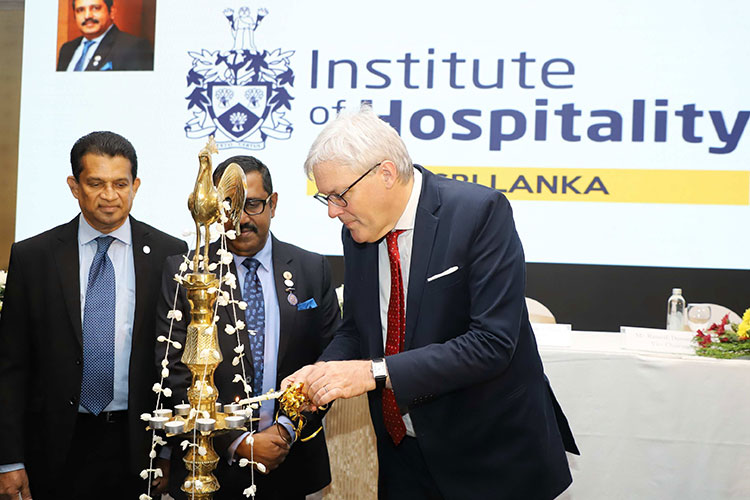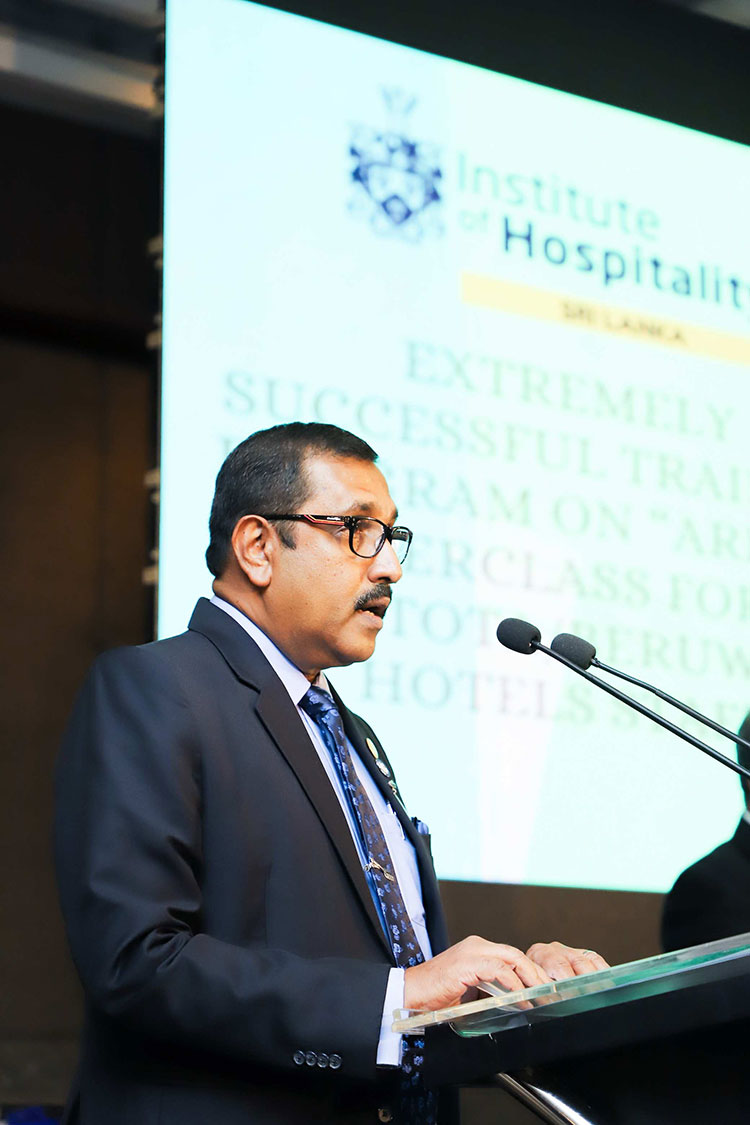Life style
Coriander: The unsung hero of all cuisine

A polarising ingredient in much of the world, coriander is an unsung hero of Indian cuisine. And one chef wants to bring it into the limelight, giving it “the glory it deserves”.eek inside any Indian spice box, and you’ll likely find the holy trifecta of spices – turmeric, red chilli powder and ground coriander (often mixed with cumin) – that forms the base of many a curry, lentil or vegetable dish.
Though it lacks the striking ochre hue of haldi (turmeric) and isn’t associated with any of India’s signature red-hot flavours (like chilli powder), coriander (commonly called dhaniya or kothmir in India) is perhaps the most versatile of these spices. Its coarsely ground seeds bring warmth and nuttiness to many dishes, while as a powder, it can be used to thicken curries. As an herb, its fresh stalks and leaves often serve as an aromatic and tangy finishing flavour.
It’s so customary to Indian cooking that pushcart vendors will cheerfully toss a complimentary bunch of fresh coriander (as well as a handful of green chillies) into customers’ bags. Its sheer ubiquity makes it a hero – albeit an unsung one – of Indian cuisine.
Elsewhere in the world, though, dislike towards the herb form of coriander is fierce. Dedicated social media communities diligently denounce it, even commemorating their distaste annually with an international I Hate Coriander Day on 24 February. While those who appreciate the herb describe it as fresh, fragrant and citrusy, those who loathe it claim that it tastes like soap, dirt or bugs – often citing that the name coriander itself comes from the Greek word koris, meaning “bedbug” due to its pungent smell.
Research shows that a dislike for coriander might be inherited due to a genetic variant, which could account for much of its polarised response around the world. However, some studies show that the aversion is less pronounced among South Asians as a result of exposure to its strong flavour during childhood.To South Asians, coriander is much more than just a garnish. Instead of tossing copious amounts of it onto completed dishes as an afterthought – as is customary for the stereotypical “exported” dishes the West most readily associates with Indian cuisine such as tikka masala – South Asians use it deliberately throughout different parts of the cooking process and in many dishes.

What’s in a name?
However, in the US, the word “cilantro” refers to the fresh herb, while “coriander”
While preparing a gravy, coriander powder is typically used alongside turmeric and cumin to add bulk and a slightly sour undertone. Coriander seeds might be added to a tadka, a technique of tempering or “blooming” spices and aromatics by frying them in hot oil and adding them to a dish to infuse and unlock flavour, while leaves are often ground into a tantalising chutney or added sparingly to a yoghurt-based raita. Fresh coriander can also be finely chopped and sprinkled delicately on dishes as a final flourish.
Still, while coriander might be thoroughly enmeshed with Indian cooking, it’s often uncelebrated in the kitchen – its sheer affordability, accessibility and ubiquity leading it to be taken for granted. However, one chef, Ranveer Brar, is trying to change all that.
“Growing up in a Punjabi household, coriander was a very important part of what we ate as a farming family. We’d throw coriander seeds near the water canals, and they’d just sprout there and we’d pluck some to throw in [to our food],” said the author, restaurateur and MasterChef India judge.As he delved deeper into Indian cooking and travelled extensively throughout India, Brar began to appreciate coriander’s various uses throughout regional Indian cuisines.
“From North to South India, [many] states and regions use coriander. Whether it’s as a raw paste or chutney, used with coconut, or the longer fern-like variant in Northeast India that is juicier and deeper, coriander is firmly a part of the cooking repertoire,” he explained. “I like to think of it as a little sensory trigger. The nose comes into play and the entire dish is elevated.”
Yet, the fact that coriander is little appreciated or formally recognised bothered Brar. So, in March 2022, inspired by the traction he received from a lighthearted social media post voicing the same sentiment, he started a petition on Change.org to give humble dhaniya “the glory it deserves” by calling for it to be designated the “national herb of India”. So far, the petition has amassed nearly 32,000 of the 35,000 signatures required to make it one of the top signed on the platform.
“Food without dhania is like a princess without her tiara.”
According to Change.org’s marketing campaigns manager, Madhuri Janaki Zutshi, 87% of the signatures have come from people in India, while the remaining include members of the Indian diaspora. And many shared Brar’s love for it in the comments section of the petition: “Food without dhania is like a princess without her tiara …. I love dhania,” reads one comment; “Indeed, coriander is our national herb, without which we can’t think our dish is complete,” reads another.
The issue has been escalated by Change.org to Pashupati Kumar Para, the Minister of Food Processing Industries in India, who is the stakeholder for officially designating it as the country’s national herb. The petition’s success, said Zutshi, will ultimately be decided by Brar based whether there are tangible results – something he will mark by a red victory flag, which will appear on the petition page above the final signature count.
Cholay (chickpeas) and poori (Credit: Ranveer Brar)Nevertheless, the petition’s ultimate success is perhaps more about an ongoing process than just an end goal. “We believe petitions that move the needle on an issue are successful in their own way,” Zutshi said. For Brar, the call to make coriander India’s national herb wasn’t about activism.
“It was creating this thought and starting a national conversation,” he said. “If Italy has basil and France has marjoram, what is India’s ‘it’ herb? Why can’t we give coriander – that symbolises so much in our country – that space in our heads?”
“If Italy has basil and France has marjoram, what is India’s ‘it’ herb?”
In fact, the ingredient’s place in South Asia cuts much deeper than cooking alone. “Coriander has long been our kitchen doctor,” said Pakistani herbalist Dr Bilquis Shaikh.While the use of coriander dates back millennia and it’s consumed all over the world, in India it traces back to the Vedas and Sanskrit writing (from 6000 BCE and 1500 BCE, respectively), and has long been used as a medicinal herb and functional food promoting wellness in traditional medicine.- BBC
Life style
Camaraderie,reflection and achievements

Institute of Hospitality Sri Lanka
 The 32nd Annual General Meeting (AGM) of the UK-based Institute of Hospitality’s Sri Lanka Chapter was held recently at the Ramada Hotel Colombo,.The event provided an evening of camaraderie , reflection of the past and present achievements,setting new benchmarks for the future
The 32nd Annual General Meeting (AGM) of the UK-based Institute of Hospitality’s Sri Lanka Chapter was held recently at the Ramada Hotel Colombo,.The event provided an evening of camaraderie , reflection of the past and present achievements,setting new benchmarks for the future
The AGM had the presence of two distinguished guests, the Chief Guest Opposition Leader Sajith Premadasa, and the Guest of Honour British High Commissioner to Sri Lanka, Andrew Patrick. Their inspiring speeches were lauded by all hoteliers who were present at the occasion
A special thanks was extended to Robert Richardson, CEO of the Institute of Hospitality UK, along with his team, sponsors, committee members, and all attendees for making the event memorable.
Dr. Harsha Jayasingh, Past President of the Institute of Hospitality (UK) Sri Lanka Chapter, emphasised the Institute’s longstanding history and the strength of its Sri Lankan branch. “The Institute of Hospitality (IH) UK has a history of 86 years, and we are proud to be the Sri Lanka Branch. IH Sri Lanka is much stronger now with many members from all areas of the hospitality industry,” he stated.
Dr. Jayasingh highlighted the significant role of tourism in Sri Lanka’s economy,. He said tourism it is the third-largest source of revenue for the country. “Tourism accounts for about 13.3% of total foreign exchange earnings and employs 450,000 people directly and indirectly. The hospitality industry in this island of pearl holds tremendous potential for economic growth, job creations, and cultural exchange,” he added.
He also pointed out more women should be attracted to the industry and advocated for the use of technology in hospitality sector to attract the younger generation.
The newly appointed Chairman Ramesh Dassanayake spoke about the challenges faced by the industry, including the reluctance of youth to join the sector. . Dassanayake expressed concerns over the migration of staff between hotels and the overall ‘brain drain’ in the sector. ” We must maintain high standards in the hotel We must try to attract tourists to Sri Lanka, we must have with many facilities Hence, hotel schools and other professional institutions involved in skills development mustincrease their intakes,” he pointed out.
Chief Guest Sajith Premadasa emphasised the importance of eco tourism and said “We need to have an environmental policy related to tourism in place,” . .
The 32nd AGM of the Institute of Hospitality UK, Sri Lanka Chapter, was a testament to the strength and potential of Sri Lanka’s hospitality industry. The insights and commitments shared during the event set a new benchmark for the future.(ZC)
Pix by Thushara Attapathu
Life style
He recognizes human identity beyond boundaries of gender, race, nationality and religion.

Visit of Sri Gurudev to Sri Lanka
Humanitarian, spiritual leader and Global Ambassador of Peace Gurudev Sri Sri Ravi Shankar (Sri Gurudev) was in Sri Lanka on a three day tour on the invitation of the Prime Minister of Sri Lanka Dinesh Gunewardene. Gurudev who inspired a wave of volunteerism and service to moot one of the largest volunteer-based organisations in the world – The Art of Living – visited the various projects under the aegis of the foundation and launched twelve vocational and technical centers around the island. He was accompanied by thousands of followers from Sri Lanka and around the world.
Gurudev who visited Sri Lanka for the sixth time also had a first day cover launched in honour of his visit. He is a strong proponent of spreading happiness, using the unique Sudarshan Kriya, yoga, meditation and practical wisdom to unite people, empower individuals and transform communities. His programmes provide techniques and tools to live a deeper, more joyous life, while his non-profit organisations recognize the human identity beyond the boundaries of gender, race, nationality and religion.
The Art of Living which has more than 30,000 teachers and over one million volunteers across 180 countries has touched in excess of five hundred million people around the world. CNN called it “Life Changing” and The Washington Post headlined it, “Fresh air to millions”.
In Trincomalee, Gurudev met with war victims and had a heartwarming engagement with the children from the children’s homes run by the Foundation. He also visited the Koneswara Temple in Trincomalee and graced the Kumbhabhishekam at Seetha ecogPnize the human identity beyond the boundaries of gender, race, nationality and religion. Amman temple at Nuwara Eliya. He held discussions with the trustees on the progress of the foundation’s social service projects, while also holding a special event – Ekamuthuwa – attended by a large number of dignitaries and his devotees from around the world.
His time with the Prime Minister was spent discussing the prospects of unity in diversity and uniting Sri Lanka by adding happiness into the formula of living. In addition he had discussions with the Speaker of the Parliament of Sri Lanka Mahinda Yapa Abeywardena, prominent business stewards and civil society leaders.
Life style
Bridal shows with opulence and luxury at The Epitome hotel in Kurunegala

by Zanita Careem
Envison your dream wedding day come to life at the Epitome Hotel, a prestigious city hotel in Kurunegala offering an unrivalled luxury rendors experience for weddings.
The venue is designed to embody opulence and luxury from all quarters for a spectacular wedding in kurunegala,Thier ballroom is the largest banquet facility in Sri Lanka It can be divided into six luxurious pillarless wedding halls on the ground floor and 25pax smaller banquet halls.
It can be easily named as a five star heaven in the heart of the city contributing to a myriad of immense experiences tailored to inspire and delight wedding experiences.
From opulent décor set up to exquisite table decor, lavish food, every detail is meticulously curated to spark your imagination and ignite creativity for a perfect wedding. The previous prestigious wedding shows season one and season two attracted large crowds
were unique events which gave the wedding vendors and potential clients had an opportunity to connect and interact with each other. Beyond being a showcase it was a chance for the wedding vendors to unite and contribute to the vibrancy of the wedding industry. The wedding show covered all area of the bridal industry providing a comprehensive variety of bridal supplies from Sri lanka and became the most popular bridal exhibitions in Kurunegala.This bridal exhibitions allowed brides and grooms to experience first hand the products and services available from suppliers in Sri Lanka
These wedding shows held at The Epitome created a benchmark and gave an opportunity for vendors to create connections to the utmost satisfaction said Harshan Lakshita Executive Director. of the magnificent Hotel
Our wedding shows featured experts and professionals in every field‘ It covered all areas of the bridal industry provided a comprehensive variety of bridal supplies from Sri lanka and became most popular bridal exhibition in this region.We are always open to everyone to join us at our wedding shows in the future. It is an opportunity to discover the incredible talent within our local wedding and bridal vendors to make meaningful relationships and plan thier special day at our breathtaking hotel The Epitome said General Manager Kavinda Caldera
The Epitome Hotel’s bridal show which will be held end of June will buzz with great ideas,advice and inspiration for all those who plan thier dream wedding
…….
The Hotel Epitome’s Wedding Season 3 will marked excellence, celebration and inspiration for those in the wedding industry. The exhibition halls will resonate with ideas on exquisite bridal wear to decor, florists , photography etc and showshowcase the rich tapestry of talent within the local wedding industry. .






















